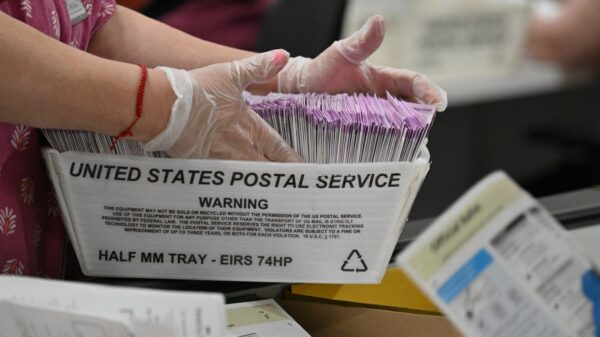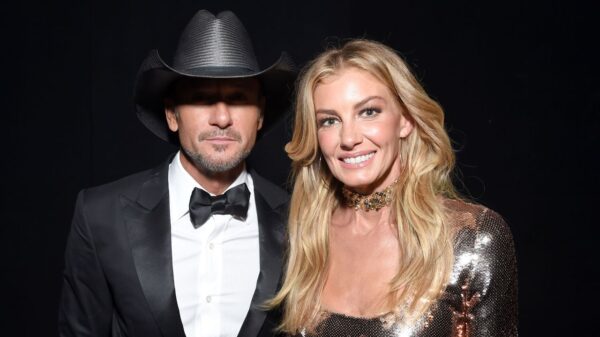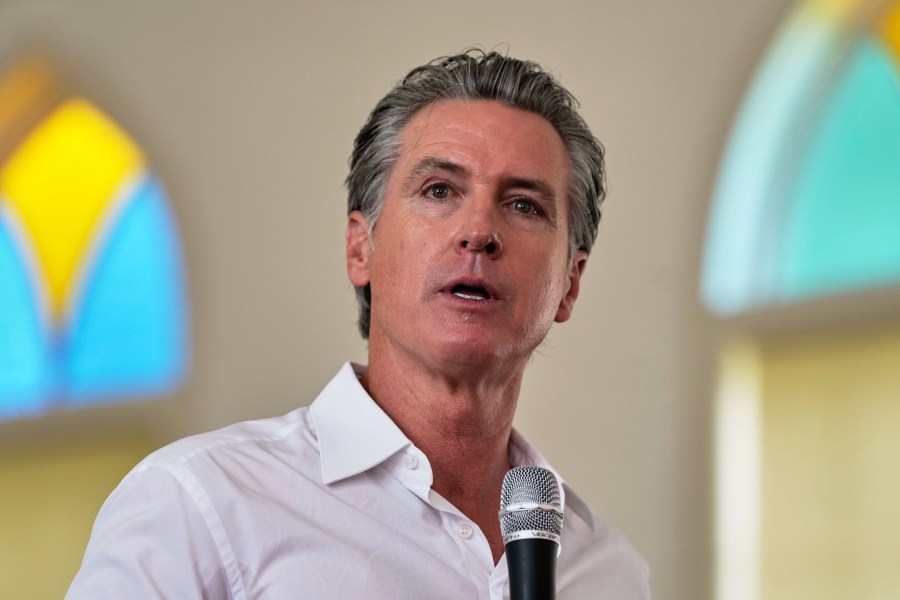The Trump administration has initiated a lawsuit against the state of California, aiming to block animal welfare laws that allegedly contributed to a significant rise in egg prices. Filed in federal court on March 15, 2024, the lawsuit challenges voter-approved initiatives from 2008 and 2018 that mandate all eggs sold in California come from cage-free hens. The administration argues that these regulations impose excessive burdens on egg production nationwide.
Brooke Rollins, the U.S. Secretary of Agriculture, stated that while California has the right to enact laws affecting its own economy, those laws should not infringe upon the rights of other states as outlined in the U.S. Constitution. “It is one thing if California passes laws that affect its own state; it is another when those laws affect other states in violation of the U.S. Constitution,” Rollins noted in a statement.
The lawsuit points to rising egg prices as a direct consequence of California’s regulations. In early 2022 alone, bird flu outbreaks led to the destruction of nearly 175 million birds, driving up the cost of eggs significantly. The average national price for a dozen Grade A eggs peaked at $6.23 in March 2024, before falling to $5.12 in April and $4.55 in May, as reported by the U.S. Bureau of Labor Statistics. Despite this decline, May prices remained an astonishing 68.5% higher than the previous year.
The California Department of Justice responded to the lawsuit, asserting that attributing rising prices solely to animal welfare laws overlooks other critical factors. “Pointing fingers won’t change the fact that it is the President’s economic policies that have been destructive,” the department stated, affirming its commitment to contest the lawsuit in court.
California Governor Gavin Newsom‘s office criticized the Trump administration’s actions, suggesting that this lawsuit reflects a pattern of blaming California for national issues. “Trump’s back to his favorite hobby: blaming California for literally everything,” the office remarked via social media.
The federal complaint alleges that the regulations imposed by California have forced farmers across the nation to adopt costlier production practices. The lawsuit also claims that regulating egg production falls under federal jurisdiction, seeking to permanently block the enforcement of the state’s laws that arose from the two ballot measures.
Pam Bondi, the Attorney General, emphasized that Americans have faced the consequences of what she described as “liberal policies causing massive inflation for everyday items like eggs.” She expressed confidence in the administration’s ability to leverage federal law to alleviate the regulatory burdens affecting American families.
While the lawsuit primarily targets California’s egg regulations, it is worth noting that Proposition 12 also addresses the sale of pork and veal originating from animals raised in inadequate conditions. The current legal action, however, focuses solely on the state’s egg production rules.
In response to the lawsuit, the Humane Society of the United States, known for advocating animal welfare, contended that avian influenza and other factors were primarily responsible for rising egg prices, rather than the state’s animal welfare laws. Sara Amundson, president of the Humane World Action Fund, stated, “Blaming 2025 egg prices on these established animal welfare standards shows that this case is about pure politics, not constitutional law.”
The American Egg Board, which advocates for the egg industry, announced it would monitor the lawsuit’s progress while continuing to comply with California’s regulations. The organization acknowledged Rollins’ efforts to support farmers in addressing bird flu and stabilizing the egg supply.
As the lawsuit unfolds, the implications for egg producers, consumers, and animal welfare advocates remain significant. With the ongoing debate about animal rights and economic impact, this case highlights the complexities at the intersection of agriculture, regulation, and consumer demand.





































































